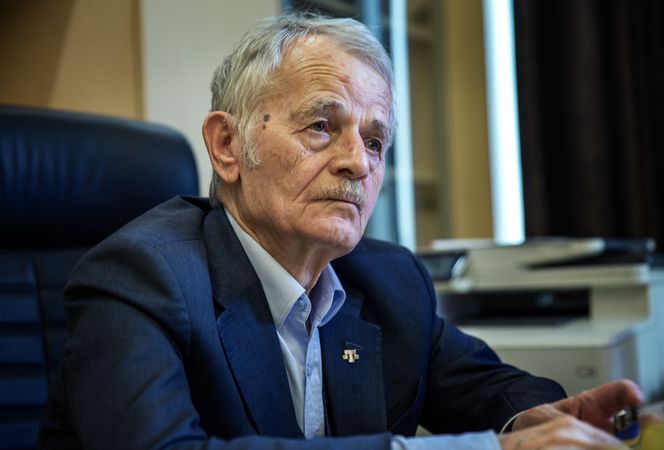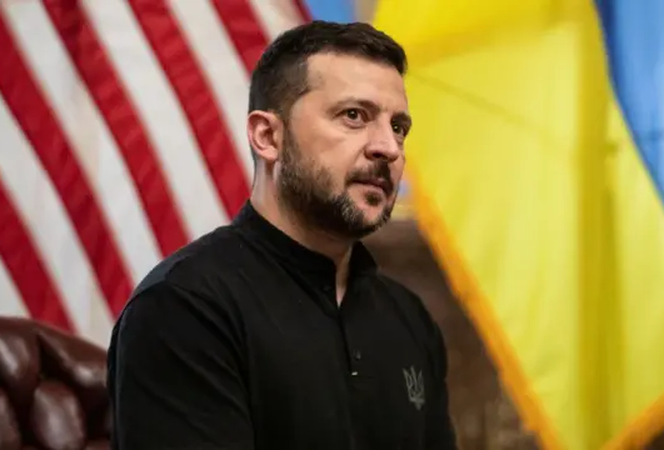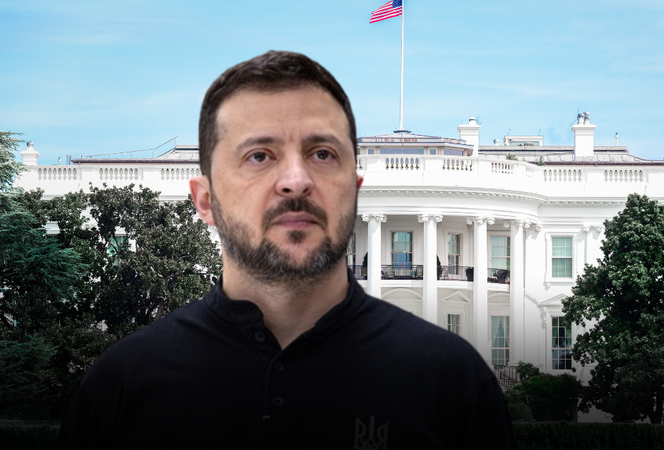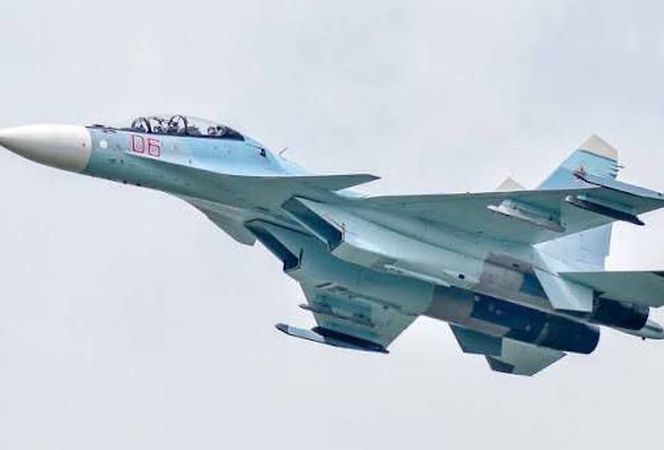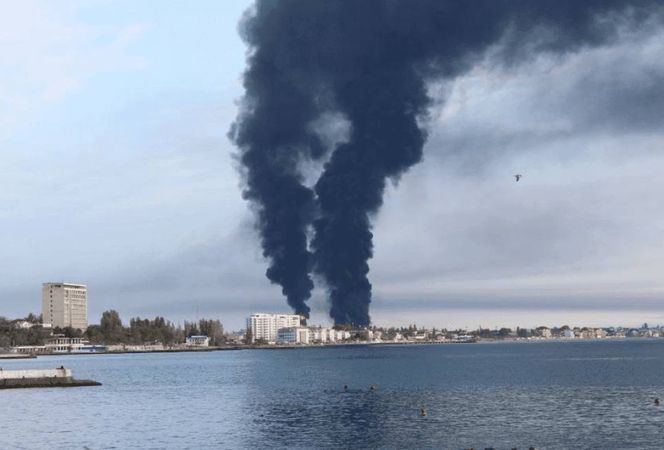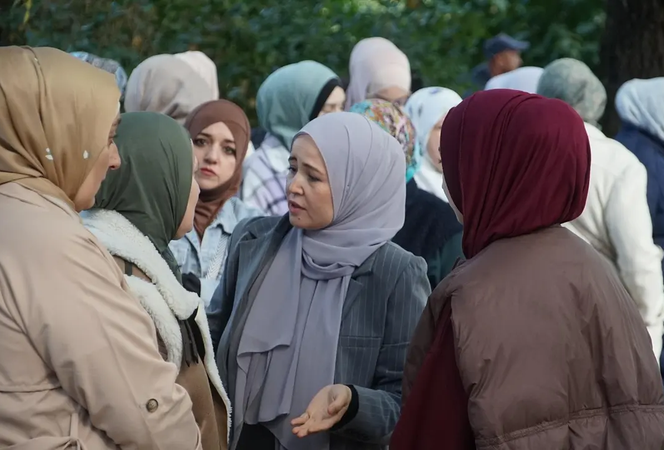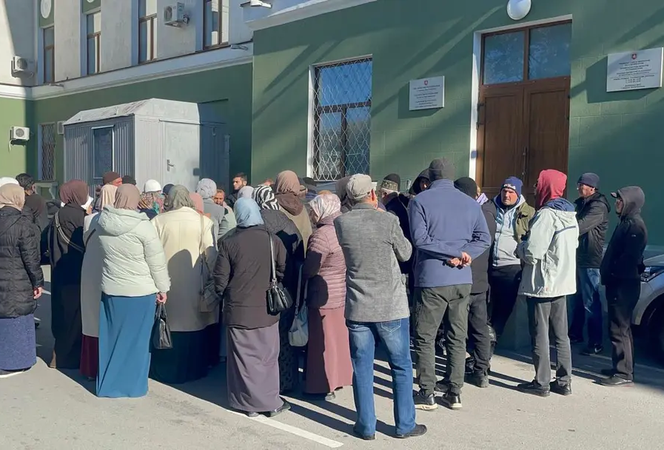European Parliament demands to strengthen sanctions against Russia caused by repressions in Crimea
The European Parliament (EP) calls on the EU to expand the list of economic and personal sanctions against the Russian Federation and those who related to the persecution of Crimean Tatars and Ukrainians in Crimea.
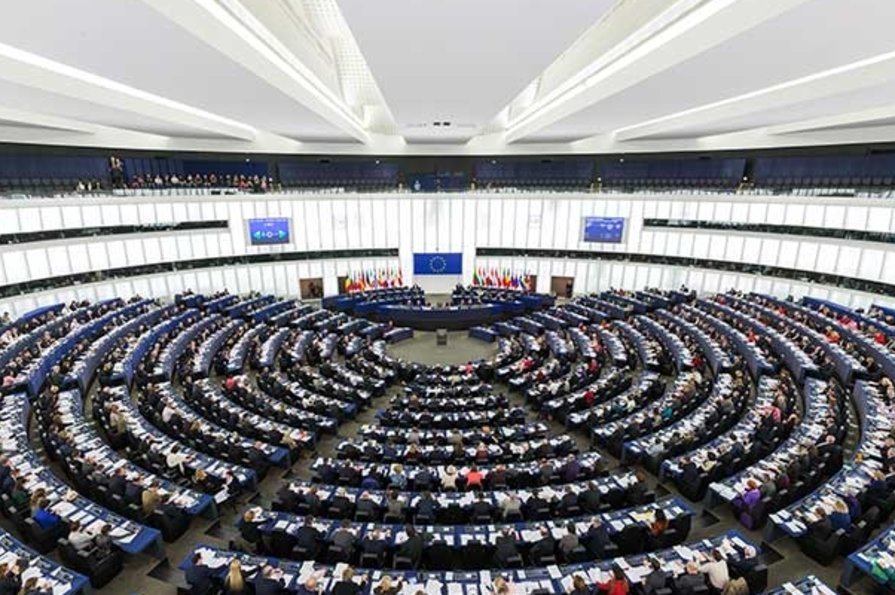
This is stated in one of the five registered resolutions of the EU legislative body on deputy heads of the Mejlis of the Crimean Tatars Akhtem Chiygoz and Ilmi Umerov and a journalist Nikolai Semena, as Ukrinform reports.
«The European Parliament once again stresses that sanctions against Russia, imposed in connection with the illegal annexation of Crimea, will remain in force until the sovereignty of Ukraine over the Crimea is restored. The EP also calls on the EU Council to process the next package of sanctions against the Russian Federation, which will be activated in case if Russia refuses to stop the persecution of Crimean Tatars and continue to commit other human rights violations in Crimea», it is said in the draft resolution.
The draft document also refers to the need to abolish all the charges brought forward and immediately release the illegally convicted political prisoners in Crimea and the Russian Federation, as well as to stop reprisals against the Crimean Tatars.
The resolution submitted by the political group of European conservatives and reformists also demands to release the Ukrinform’s journalist Roman Suschenko in Moscow who is accused of alleged «espionage» in Russia.
According to the document, European conservatives and reformists support the idea of creating an international negotiating platform aimed to de-occupy Crimea.
The debate on Russia's violation of human rights in Crimea and voting for the relevant resolution will be held on Thursday, October 5, 2017, in Strasbourg.
The European Parliament also reminded Moscow of its full responsibility as an occupation authority for observing human rights in Crimea and demanded an access the international monitoring groups to the peninsula and held it in particular under the auspices of the United Nations.




